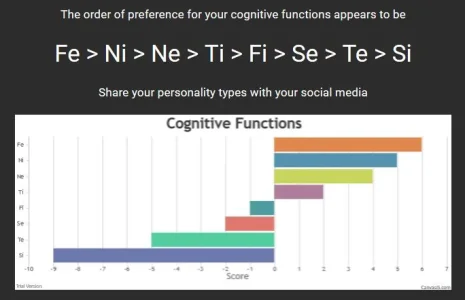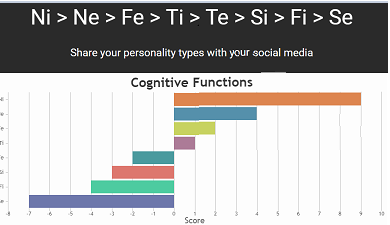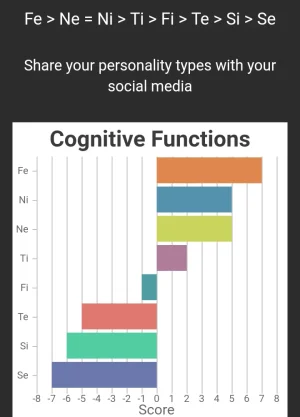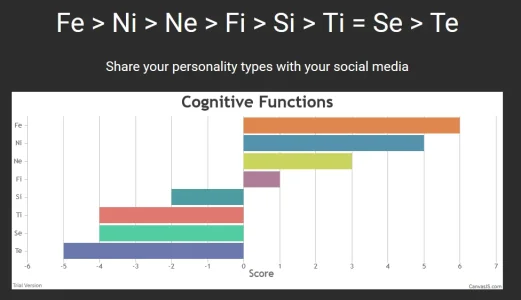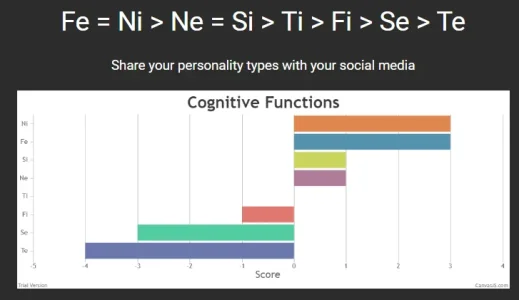Just for example, I think antirealist pragmatism can help one repress doubt in a way that more realist accounts will not -- this is for the familiar reason that if you more or less don't think of a you-independent reality, there's a lot less room for doubt that you simply never get at reality directly and so on, and thus might be totally mistaken.
This shows how someone not prone psychologically to doubt/skepticism of themselves might take refuge in a philosophy for psychological reasons.
Already you see versions of this tension in Kant vs Hume, where Kant introduced a mind-dependent component to our investigations to address Hume's skepticism in part I think.
This shows how someone not prone psychologically to doubt/skepticism of themselves might take refuge in a philosophy for psychological reasons.
Already you see versions of this tension in Kant vs Hume, where Kant introduced a mind-dependent component to our investigations to address Hume's skepticism in part I think.

